This, however, is only half of the equation. Efforts by the Swedish Fashion Council to support and showcase local talent, and the world-class education provided by the School of Arts, Design and Architecture at Aalto University, in Finland, have also drawn attention to gifted Scandinavian designers.
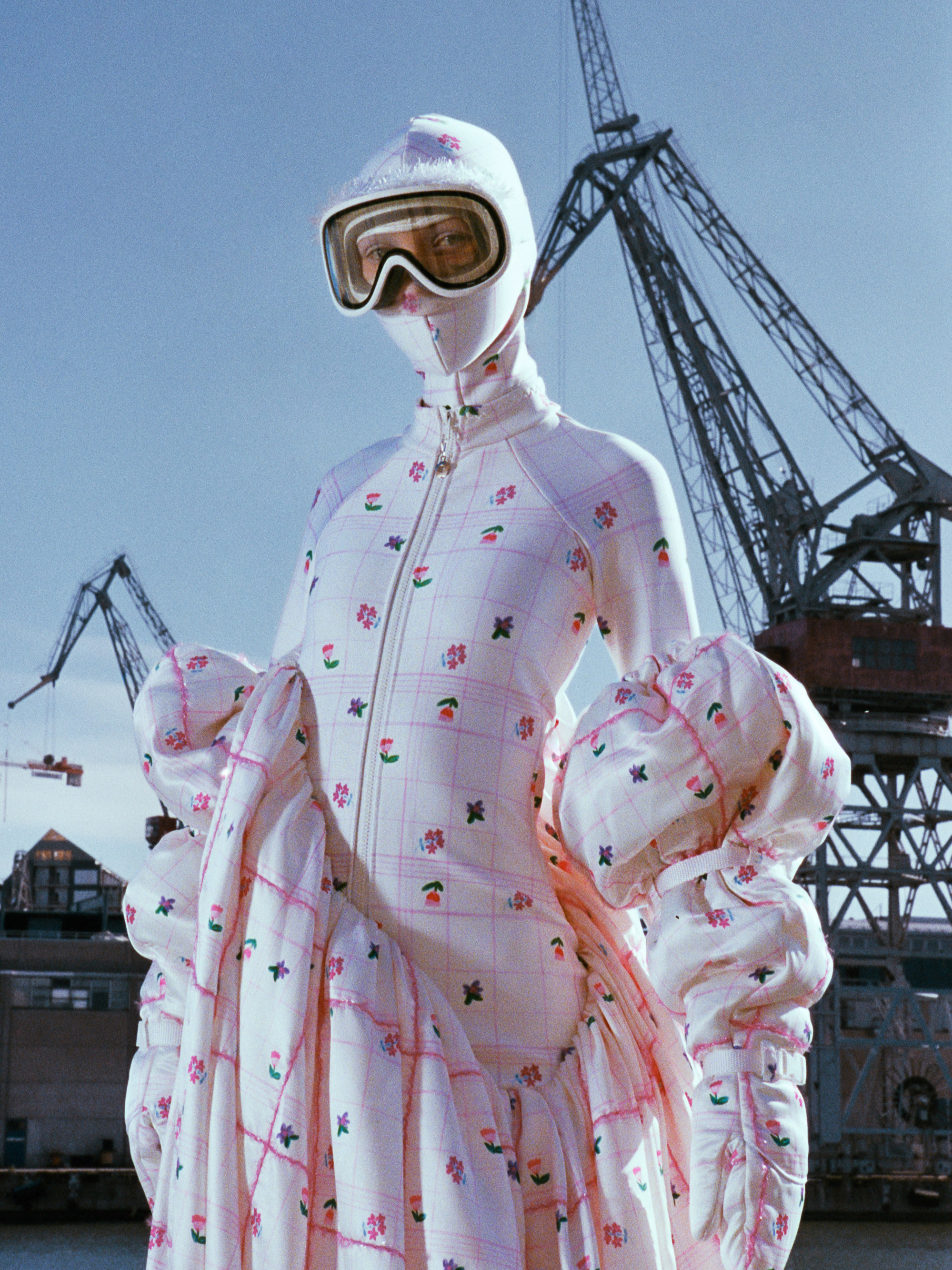
We speak to five rising, women-led Scandinavian brands defining fashion on their own terms.
1. The Garment (Denmark)
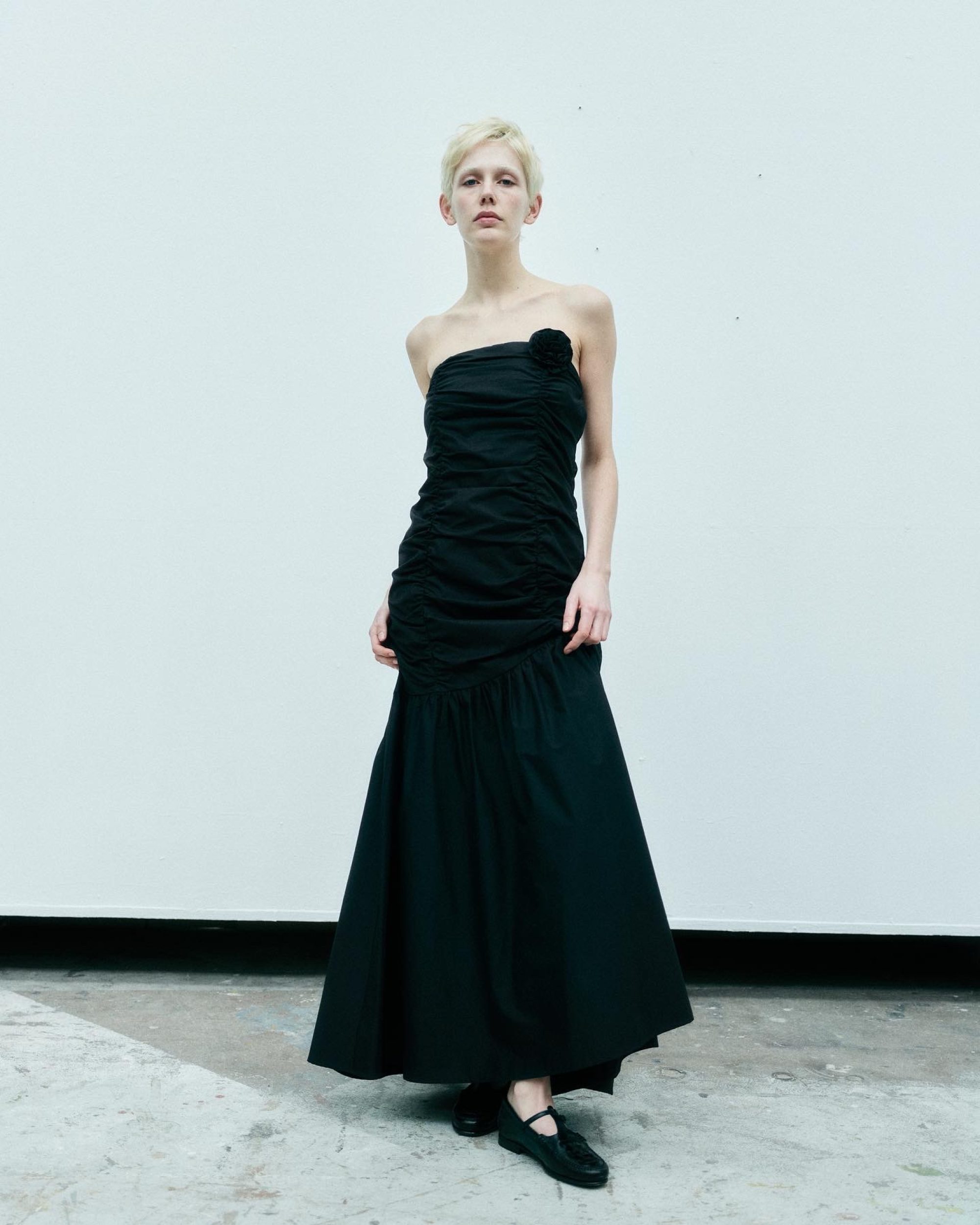
Co-founded in 2020 by designer Charlotte Eskildsen and stylist Sophia Roe, The Garment has a DNA that is strictly rooted in the pair’s upbringing.
The two women, who also act as the brand’s co-creative directors, come from families ingrained in design and interiors, which is reflected in the focus on clean lines, functionality and creating long-lasting wardrobe staples.
Worn by influencers such as Camille Charrière and Josefine Haaning Jensen, the brand’s monochrome aesthetic paired with sharp tailoring and delicate knitwear have made it a fan favourite.

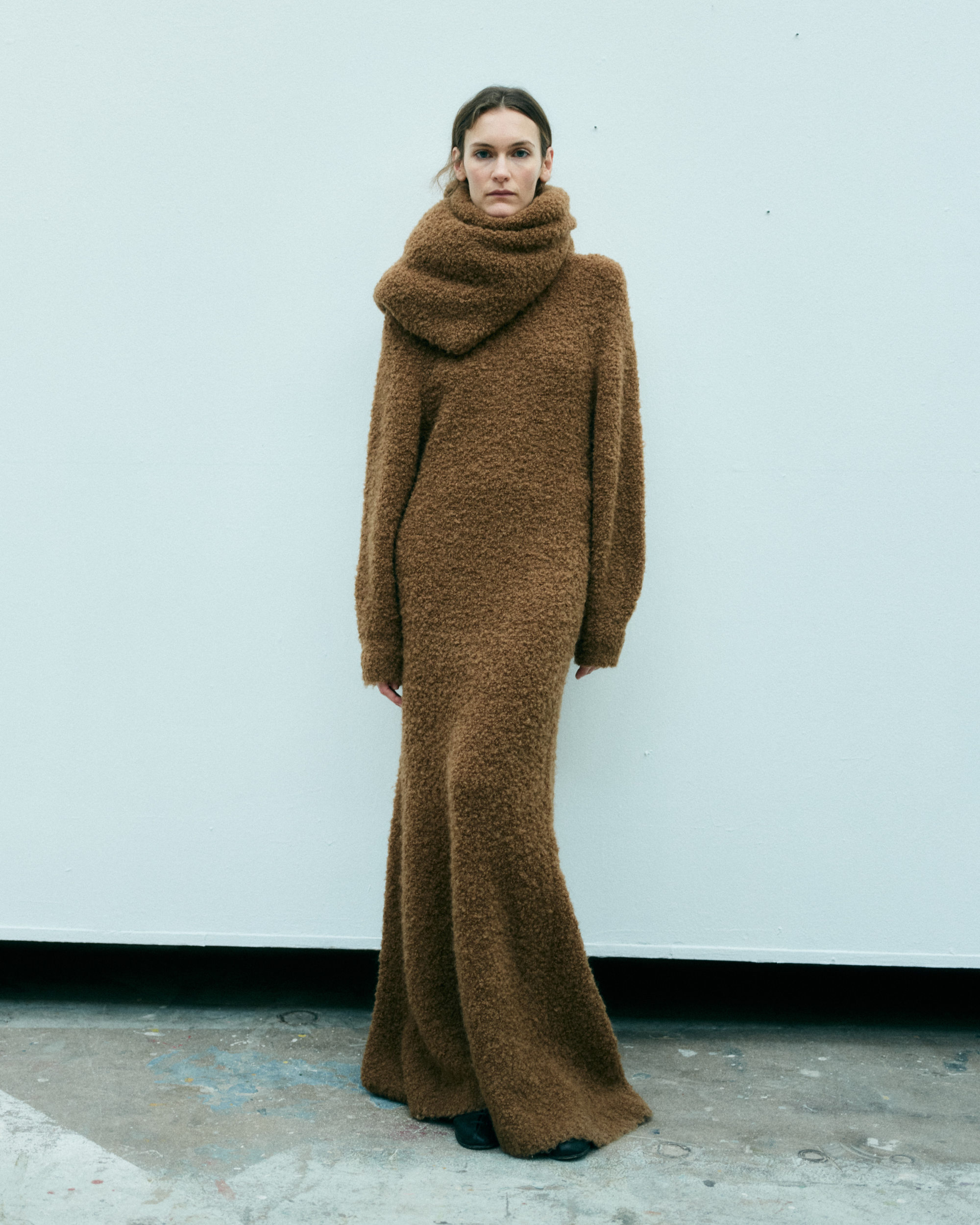

When asked what has influenced the brand’s success, the emphasis was quickly placed on the timeless nature of its collections.
“We [still] have several pieces [from] the first collection we did,” Eskildsen says. “We did an exercise not too long ago, where we mixed different collections and we couldn’t tell what was from two years ago and what was from the current collection.
“We want our pieces to not go out of style and be able to run through seasons, [and] maybe be used in new ways.”
2. Petra Fagerstrom (Sweden)

Unlike her contemporaries, Fagerstrom consciously eludes the minimalist aesthetics that have become almost ubiquitous with quiet luxury.
Her collections feature ombre reds and whites cascading into darker and earthy tones, pleated skirts and jackets made from upcycled military-surplus parachutes, and healthy doses of black leather.
Having previously worked in ready-to-wear for Balenciaga, she is currently developing her brand with the support of the Swedish Fashion Council.
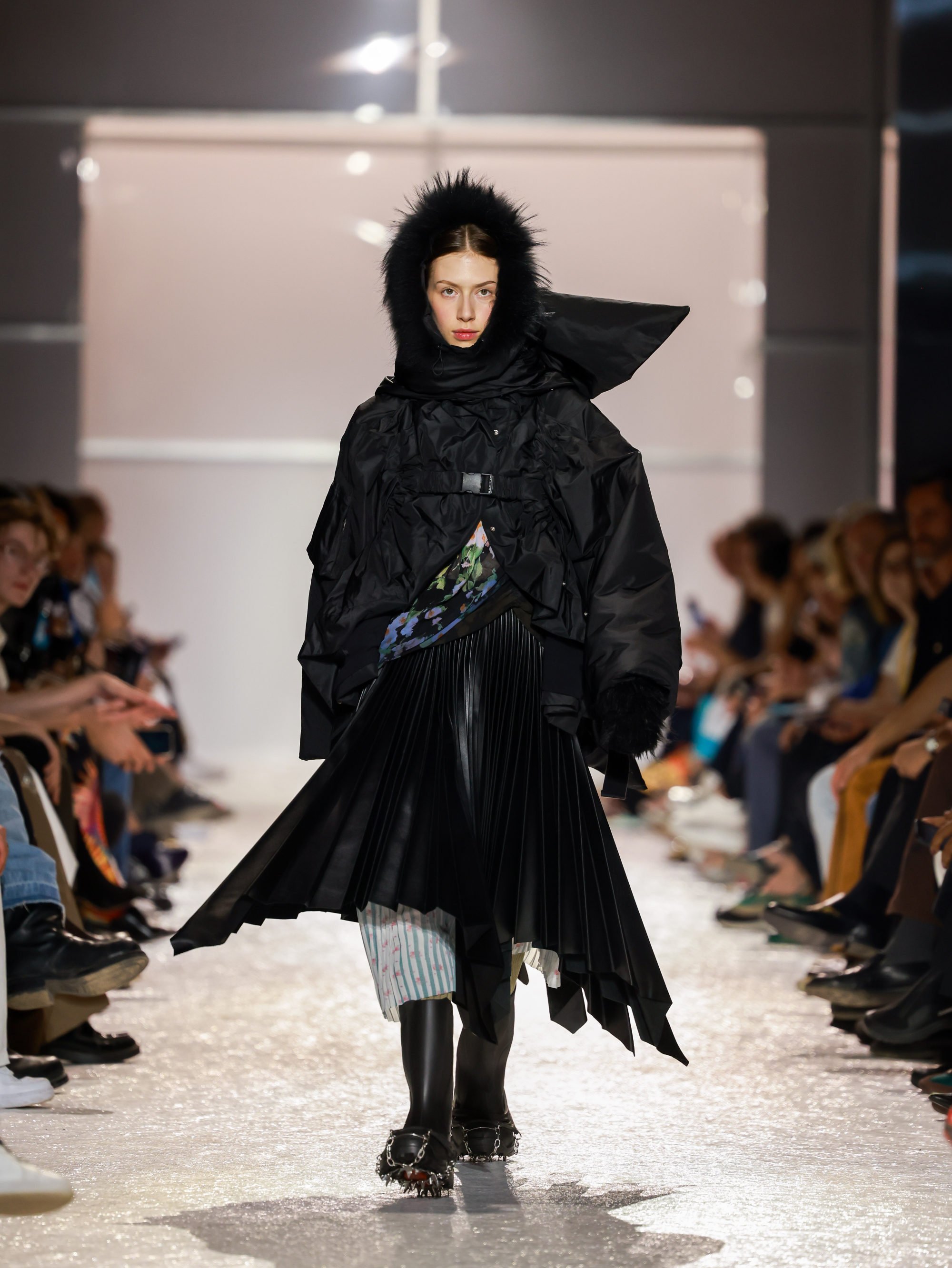
When we touch on the importance of circular economy and fabric waste, the Swede admits she is thrilled to be a part of the changing perception of Scandinavian fashion, focusing on positive environmental impact and innovation.
“When starting a new brand or designing a product, I think it’s essential to consider sustainability from the outset,” Fagerstrom says. “I’m surrounded by people who are also interested in the same matter, which makes it a natural thing to consider in the process.”
3. Jenny Hytönen (Finland)
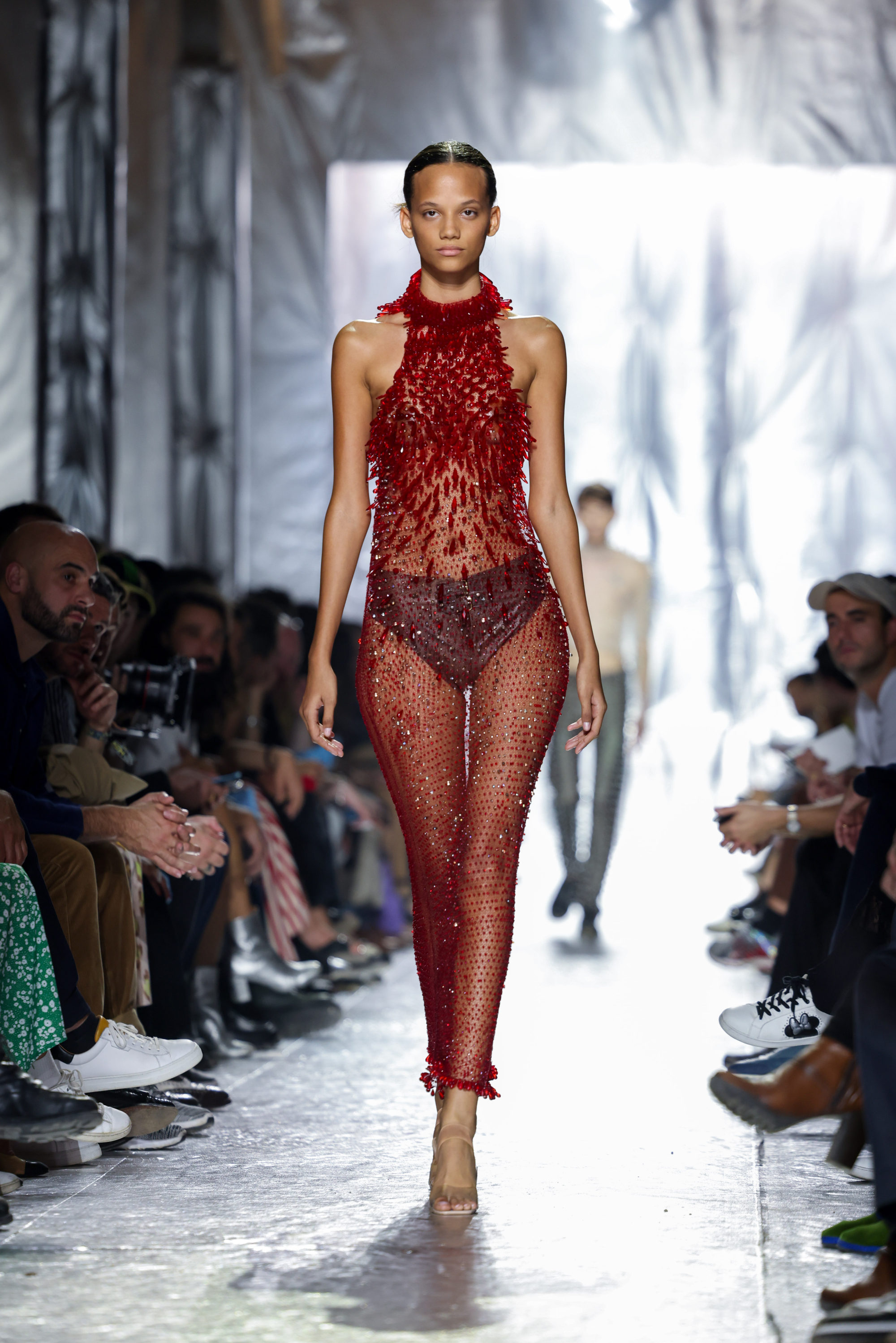
Finnish designer Hytönen, who hails from Hyvinkaa, a city just north of Helsinki, has had a busy year.
After winning the Grand Prix of the Jury Première Vision at the Hyères International Festival Of Fashion, Photography and Fashion Accessories in 2022, Hytönen signed two collaborations, with French department store chain Galeries Lafayette and the Shanghai-based brand Icicle.
She was also recently appointed to helm AZ Factory’s next couture project, a 10-piece collection that will debut during Paris Couture Week in January 2024.
Elon Musk’s mother and Isabelle Huppert are fans: couture label Homolog
Elon Musk’s mother and Isabelle Huppert are fans: couture label Homolog
Hytönen’s upbringing and fascination with subcultures have directly contributed to her design language, a contradictory medley of provocation, kink and romanticism.
Best seen through looks containing motif-cut leather pieces, knitted glass and chain mail skirts, and beadwork, her work tackles themes of sexuality and the ability for women to feel empowered through a female gaze.
Though the region may be rife with talent and success stories, Hytönen knows she has her work cut out for her.
“I see so much potential in Finnish and Nordic fashion because there is so much talent around. Unfortunately, it also hinges on luck, visibility and being seen by the wider fashion industry across Nordics.”
4. ESP Oslo (Norway)
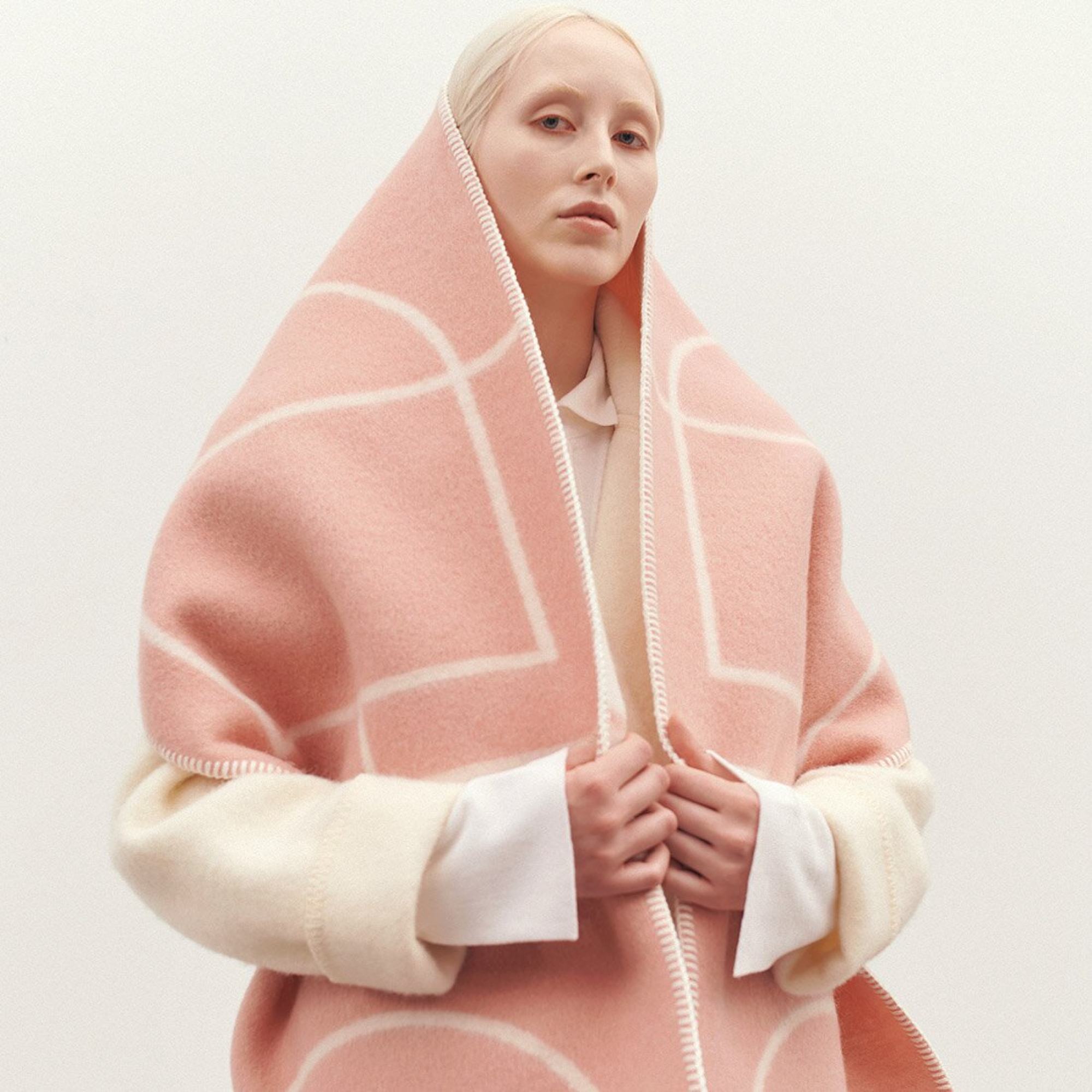
Elisabeth Stray Pedersen has placed traditional Norwegian styles and techniques at the core of her work for her eponymous brand. At its inception, she took over a 70-year-old Norwegian outerwear factory with an archive of wool blanket coats dating back to the 1970s.
Sold to wholesale and online partners in Norway and Japan, ESP Oslo’s pieces – which range from impeccable lamb’s wool tweed coats to scrumptious functional sweaters – are produced locally, which gives it an edge by minimising environmental costs.
Mirrored in the brand’s unfussy, pure and functional aesthetics, the clothes are made of Scandinavian eco-labelled wool and Woolmark-certified fabrics.
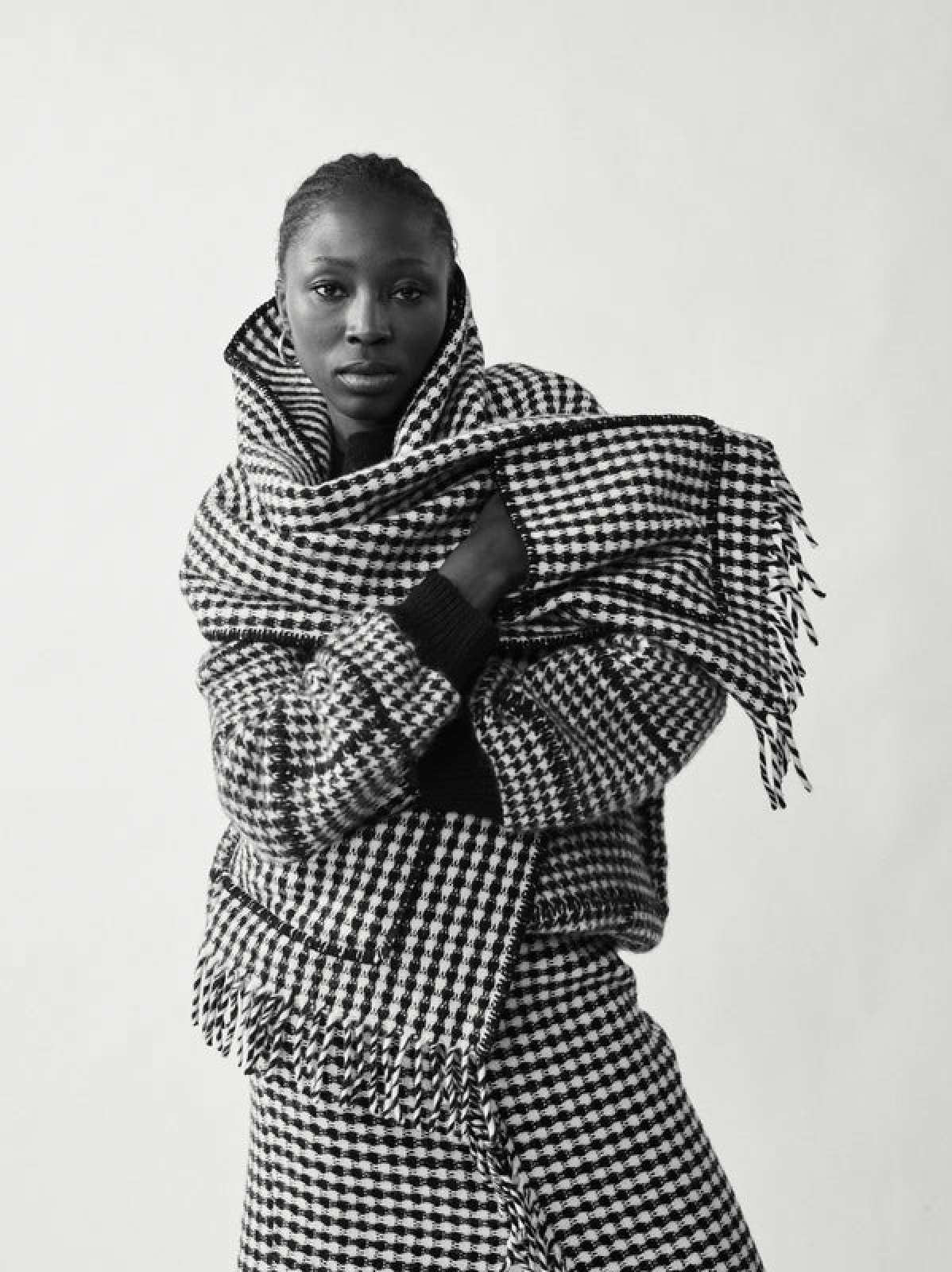
Ecology and tenvironment are crucial for Pedersen.
“Personally, [I’d] like to see more brands use their creativity to be disruptive in their strategy of becoming part of the solution of creating positive feedback loops,” says the designer, adding that she would also like to see fashion change from being one of the biggest polluters to offering solutions through circularity and waste reduction.
“Creativity can be an important factor in achieving this. It does not have to be boring.”
5. Tuuli-Tytti Koivula (Finland)
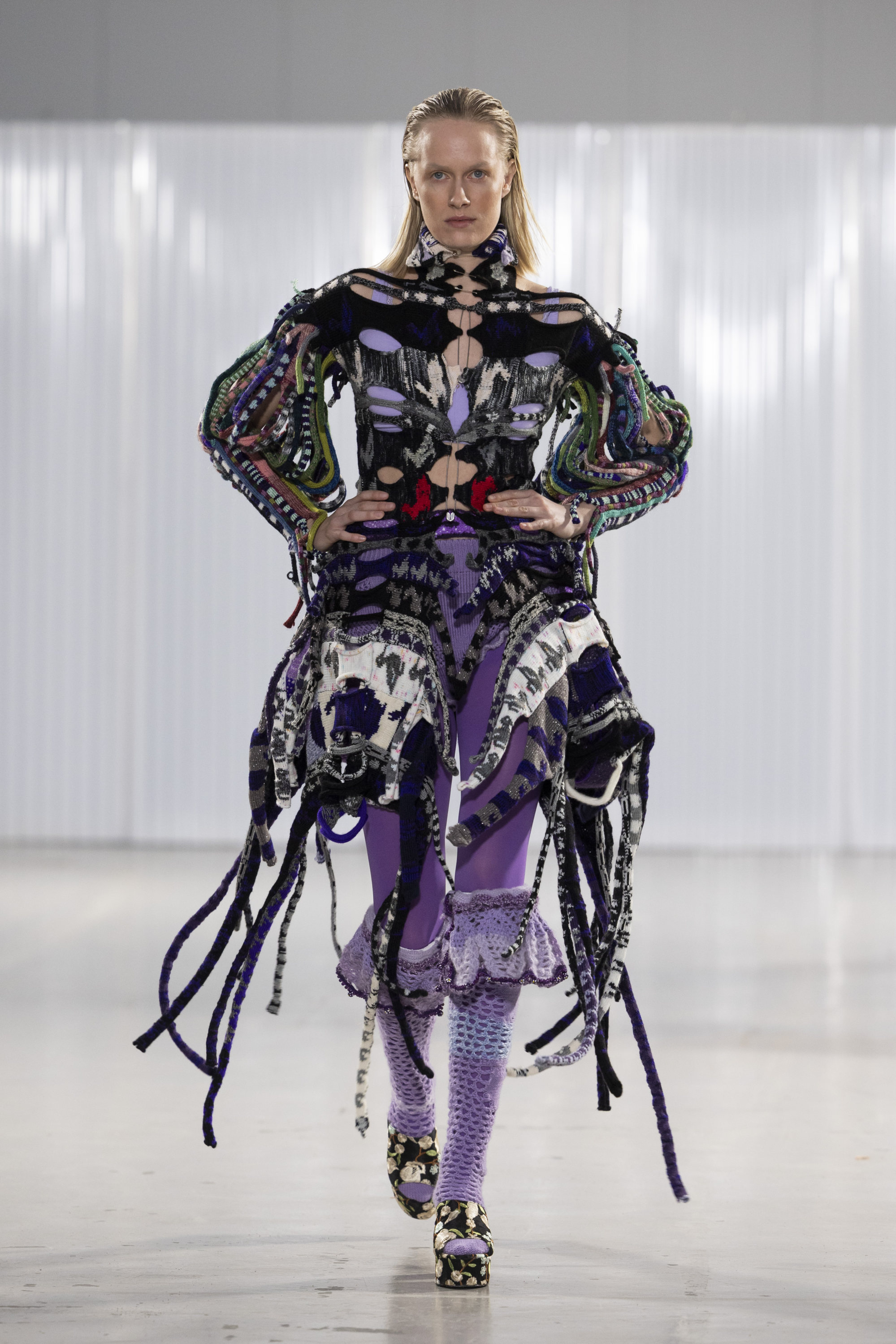
In the latest example of the narrowing gap between fashion and sports, Finnish designer Tuuli-Tytti Koivula has dipped into her background in alpine skiing in her work.
Her recent “Blumental” collection seamlessly bridges fantasy, craftsmanship and function while underscoring her storytelling abilities. The collection won the 2023 Alpha Award, bestowed to recently graduated designers from the region.
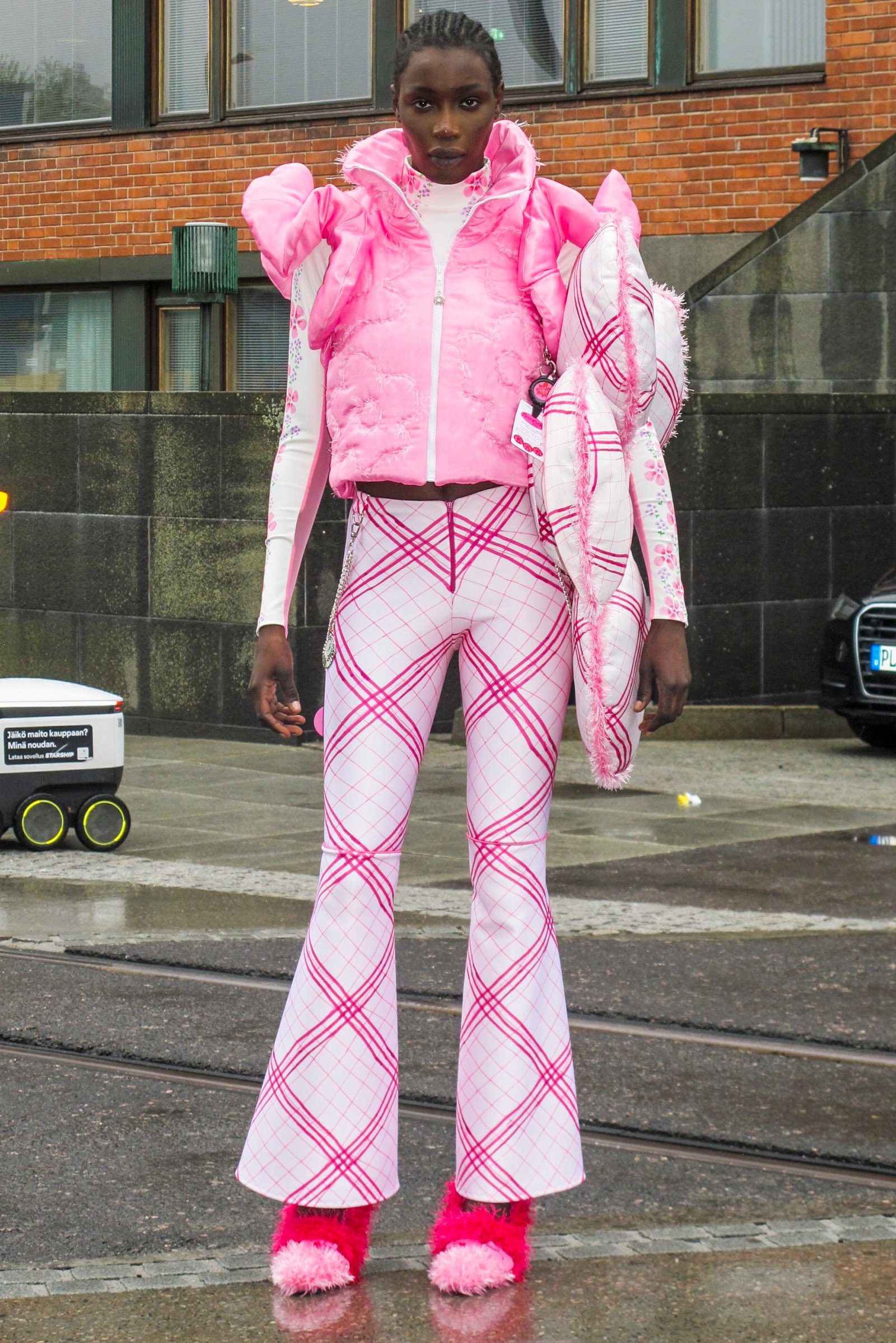
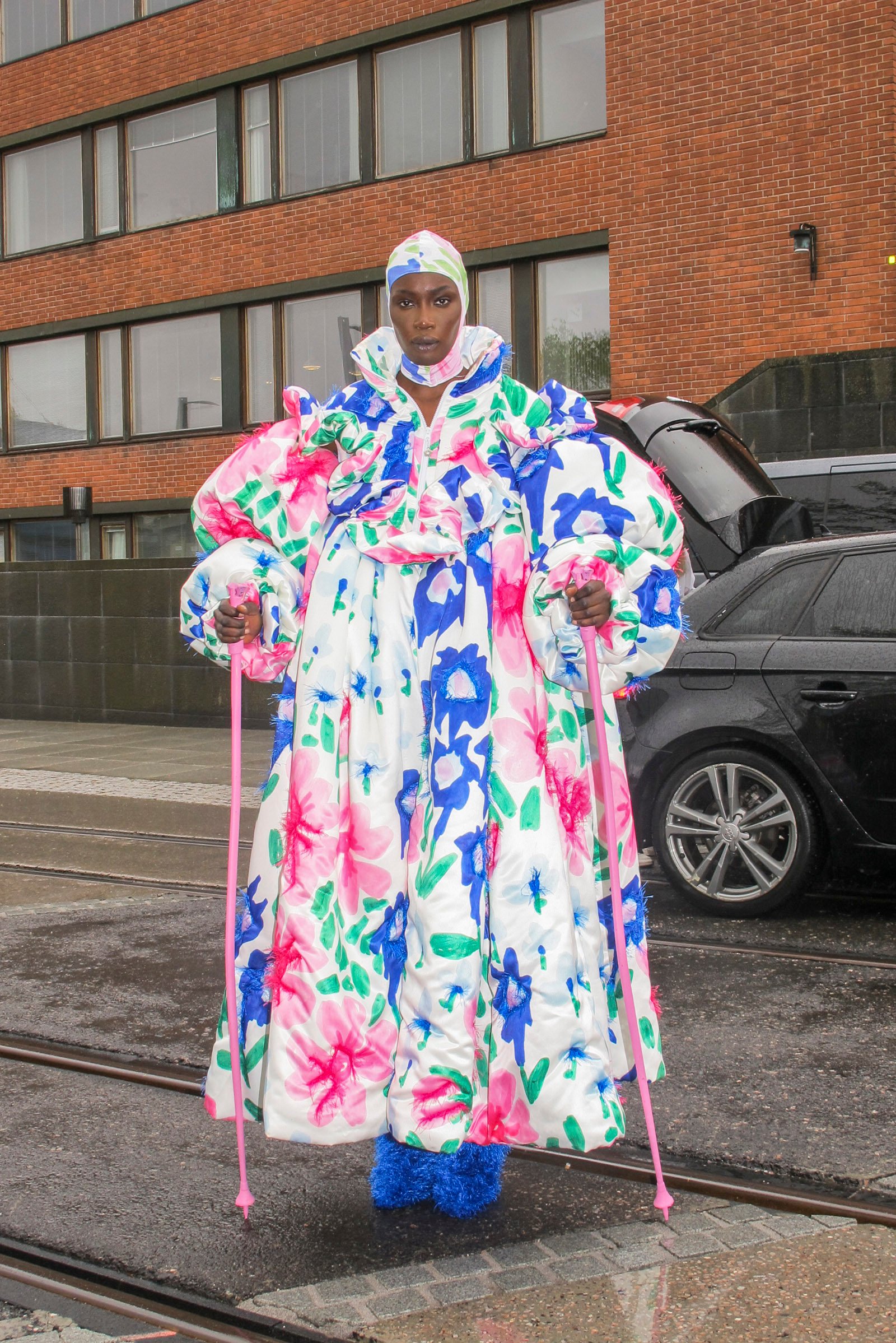
With an idiosyncratic and futuristic eye, Koivula’s oversized voluminous proportions and elaborate floral prints – seen across gowns and dresses to slick ski suits – beautifully fuse two different disciplines while creating a unique sartorial universe.
“I like the feeling when the collections and clothes convey some parts of my own experiences and later seeing the pieces have their own life as separate objects, creating new stories and experiences,” Koivula says.

